Liberty Hardy is an unrepentant velocireader, writer, bitey mad lady, and tattoo canvas. Turn-ons include books, books and books. Her favorite exclamation is “Holy cats!” Liberty reads more than should be legal, sleeps very little, frequently writes on her belly with Sharpie markers, and when she dies, she’s leaving her body to library science. Until then, she lives with her three cats, Millay, Farrokh, and Zevon, in Maine. She is also right behind you. Just kidding! She’s too busy reading.
Twitter: @MissLiberty
Hello, my odd radio circles! In today’s round-up of recent sci-fi and fantasy links, I have stuff to share about Native American first-contact stories, the 2025 Ignyte Award winners, and more! Also, I have to mention how excited I am that there’s now a gorgeous cover for The Girl with a Thousand Faces by Sunyi Dean. It’s one of my most anticipated books of 2026! If you haven’t read her last novel, The Book Eaters, you should do that now. And speaking of covers, Jedidiah Berry’s Kill All Wizards might already have my favorite cover of 2026. I can’t wait to read it!
Daniel H. Wilson Talks Hole in the Sky and Native American Tales About Space Aliens
One of the coolest first contact sci-fi novels I have read is Hole in the Sky by Daniel H. Wilson, which came out two weeks ago. I was not prepared for all the action and scariness, and I liked it! Wilson is a Cherokee citizen and recently talked to Universe Today about parts of his own life that inspired the novel, and about weaving in elements of Cherokee mythology to create a different kind of alien invasion story:
“I had been writing threat assessments for the Air Force, which is where they find science-fiction authors, and they pair you with an analyst,” he says. “They brief you on some kind of potentially dangerous tech or interesting technology. And then you write a story, something fun that’s fictional, that demonstrates these sorts of threat capabilities. Higher-up people read these fictional accounts in order to get a better idea of what the threat could be.”
Swords and Spaceships
Sign up to Swords and Spaceships to receive news and recommendations from the world of science fiction and fantasy.
Wilson was amazed to learn that military officials have serious concerns about unidentified aerial phenomena.
“Nobody’s saying they’re aliens, but we don’t know what they are, and we’re intensely interested in learning more because it is a major defense issue for our country,” he says. “Walking away from that, I was thinking, ‘My God … This sounds crazy, but we could be in a situation in our lifetimes where first contact will be a real thing.’”
What would we do if the aliens arrived? Wilson imagines the actions that might be taken by intelligence experts, military leaders, scientists, and regular folks — including a Cherokee oilfield worker and his daughter — and weaves them into a deliciously tangled tale.”
The 2025 Ignyte Award Winners
The Ignyte Awards were just announced for the sixth time since their introduction in 2020. According to the website, “The Ignytes seek to celebrate the vibrancy and diversity of the current and future landscapes of science fiction, fantasy, and horror.”
The amazing list of nominees included Stephen Graham Jones, Tananarive Due, Premee Mohamed, Eden Royce, Darcie Little Badger, Yoon Ha Lee, and Nalo Hopkinson, and winners this year include Gautam Bhatia, Sabaa Tahir, and Suyi Okungbowa Davies. You can read a full list of winners and learn a bit more about the awards from one of the founders, author L.D. Lewis.
Story Time! “Where the Hell Is Nirvana?” by Champ Wongsatayanont
Reactor recently shared a new short story by Champ Wongsatayanont called “Where the Hell is Nirvana?” (As in the transcendent state, not the band.) It’s about a guy named Garmuti who figures out how to game the karma system without having to do good.
From the story:
“Alone in the gleaming gold office of the Karma Calculation Department (Thailand Division), Garmuti collapsed onto his crystal desk, his necklace and chest chains jingling, his gold-spired headdress clanging. He was going to die. No deva or devi had it worse than him in the Six Heavens. Truly, no humans, no animals, no pretas, no hell-beasts, no condemned sufferers in hell were having a worse time than him at this moment.
He still had one thousand and forty-six profiles to fill. And it was today, out of all days, when the Visakha Puja party was raging in the Himmapan Forest. Big players would be there, including Lord Vishnu, Lord Indra, and the Four Heavenly Kings too, according to Jarvi. That betrayer, dropping that news as she was flying out of the office to leave Garmuti alone.
So many profiles. So many inventories to fill. There was always more. Every shift he squared up against stacks of gold sheets and dogskin leathers, piled high into the stratosphere, for the five thousand humans in his charge. He preferred lower animals. Dogs, cats, or even insects. Their merits and sins were straightforward, without intention. But the humans were cunning. Thanks to Lord Buddha (Rest in Nirvana), they had cracked the ethics of karma and made the life of accounting devas as complicated as possible. On this most pious day of the Buddhist calendar, celebrating Lord Gautama Buddha’s birth, enlightenment, and death, they scrambled to make merit like birds flocking to sprinkled corn, scraping every dreg of good karma to make the most of the occasion. Very inconsiderate to the devas filling in their profiles.
You can read it all on Reactor!
And, To Close: Ken Liu Talks to NPR About His New Sci-Fi Thriller
All That We See or Seem, the new sci-fi thriller by Ken Liu, is out now! It’s about a reclusive hacker named Julia Z who must use her skills to help find a famous kidnapped artist. The book is the first in a series, and Liu recently appeared on NPR’s All Things Considered and talked to host Andrew Limbong about the novel, technology, AI, and more.
From the interview:
LIMBONG: You write naturalistically about how technology works in this world, right? Julia uses AI to help her with hacking and her sort of day-to-day life, but she isn’t naive about it. But also, there’s one scene where, like, the goon’s chasing her, and Piers will sometimes just kill time by talking to an AI girlfriend the way — sort of the way someone today might pull up a YouTube video on their phone or something. Can you talk a little bit about the mood and the tone you wanted to set as you built this world?
LIU: So the world I’m trying to create here is neither a dystopia nor a utopia. I don’t actually think AI is necessarily going to make things 100 times better or 100 times worse. What it does is it amplifies our tendencies in both directions. So I wanted to sort of explore all the potential ways in which AI will make life much worse in specific ways, but also all the ways that AI will empower individuals in specific ways. And then it’s up to the reader to decide whether these speculations are plausible, one, and two, whether they are desirable.
LIMBONG: Is you sort of weaving in between those two poles, those two extremes based on your own predictions or what you think the audience should think about?
LIU: I take the position that it’s almost never possible for science fiction writers to predict the future in a meaningful way. And that’s not what our job is. What we do is to construct the mythology of the future, and that’s far more important. So by constructing the mythology of the future, we sort of give our readers a new way to think about these issues and to ask interesting questions. So I think a concrete example might illustrate my point well. So let’s take Mary Shelley — right? — who wrote “Frankenstein.” The story is still read today, not because we think her predictions about how you take cadaver pieces and create new life is true but because the creature, as a mythological figure, is very potent. We invoke the creature every time we discuss new technology. We talk about Frankenstein’s monster or the creature all the time.
Okay, star bits, now take the knowledge you have learned here today and use it for good, not evil. If you want to know more about books, I talk about books pretty much nonstop (when I’m not reading them), and you can hear me say lots of adjectives about them on the BR podcast All the Books! and on Bluesky and Instagram.
If an SFF fan forwarded this newsletter to you or you read it on bookriot.com and you’d like to get it right in your inbox, you can sign up here.

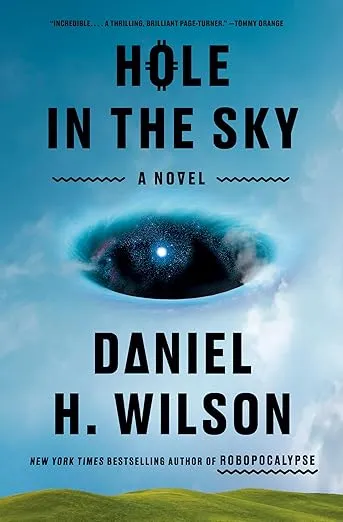
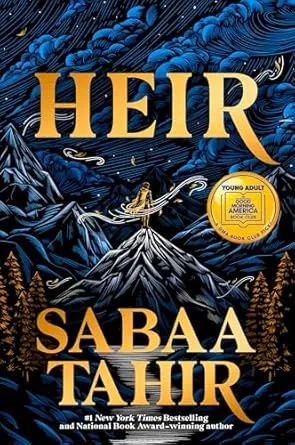
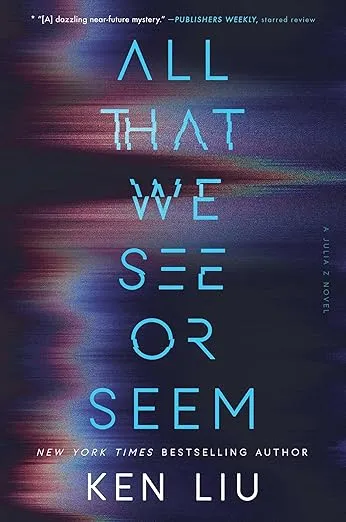



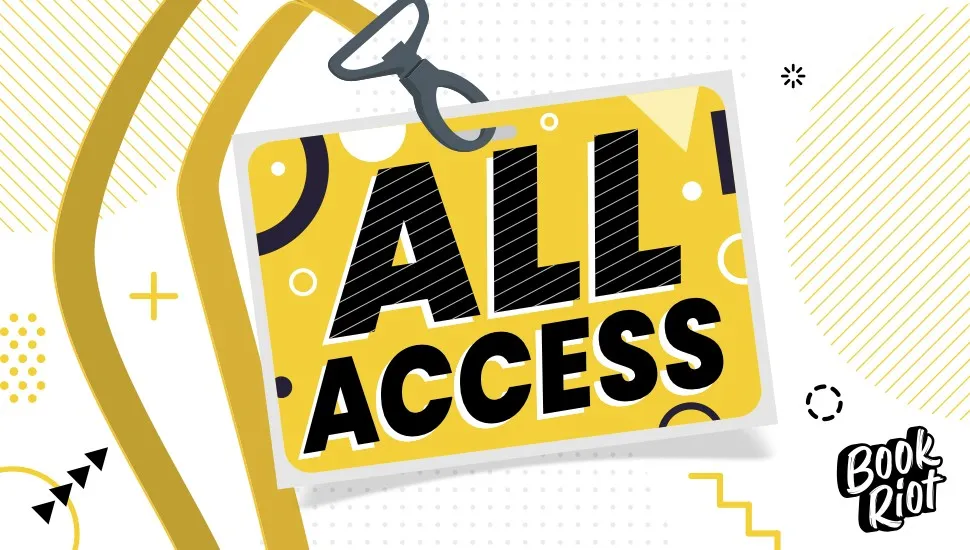








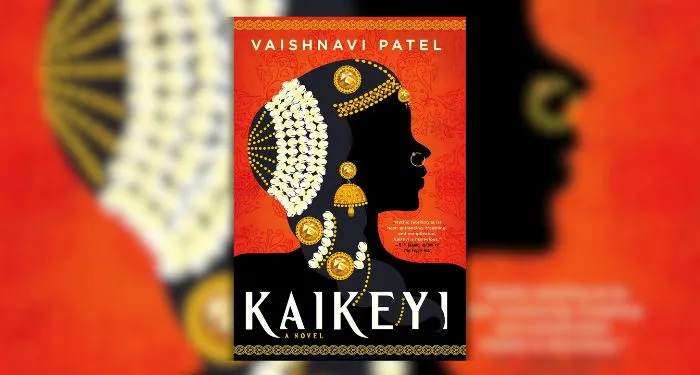


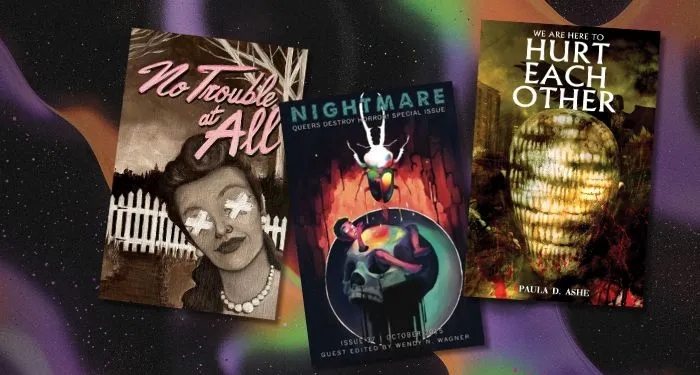


 English (US) ·
English (US) ·